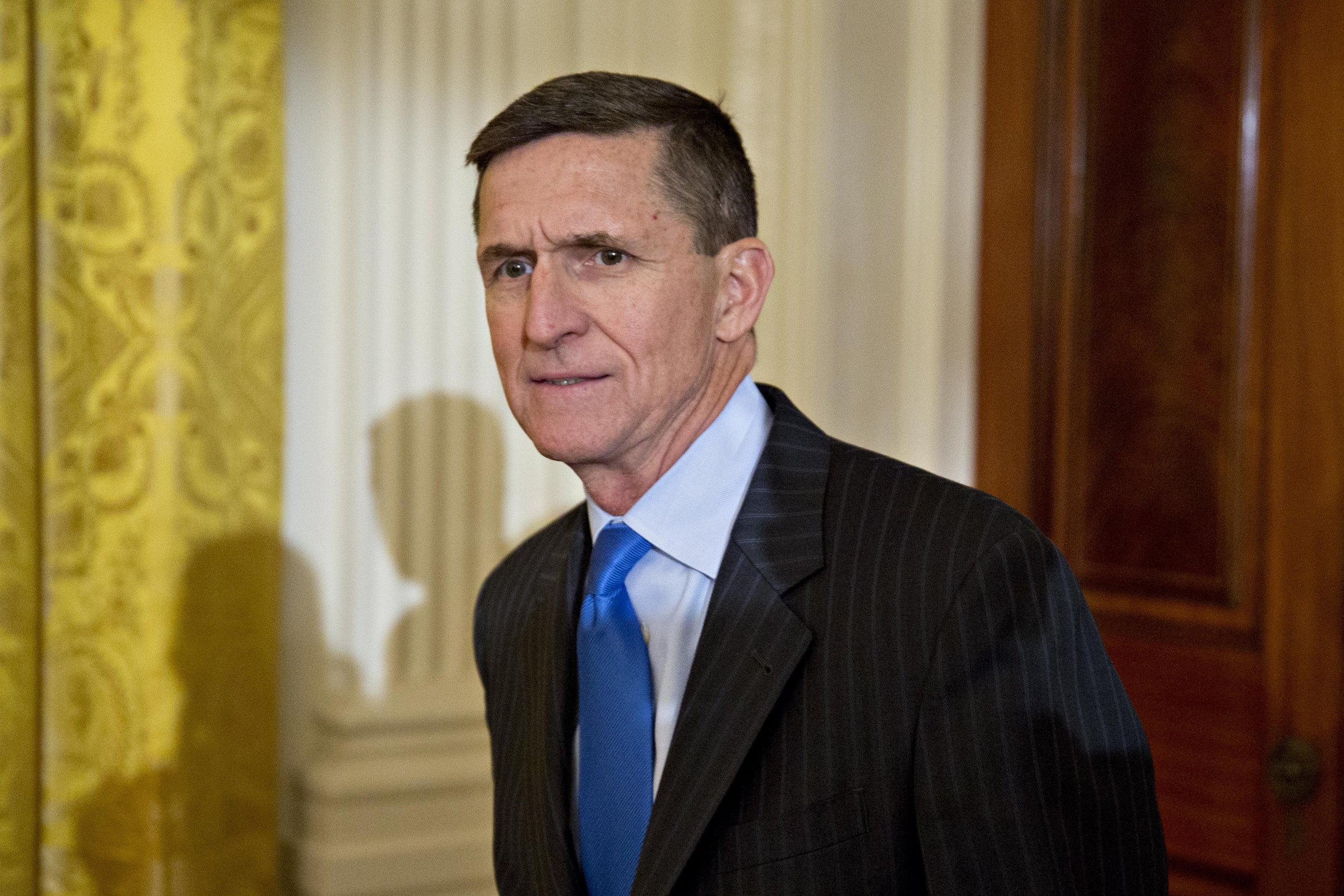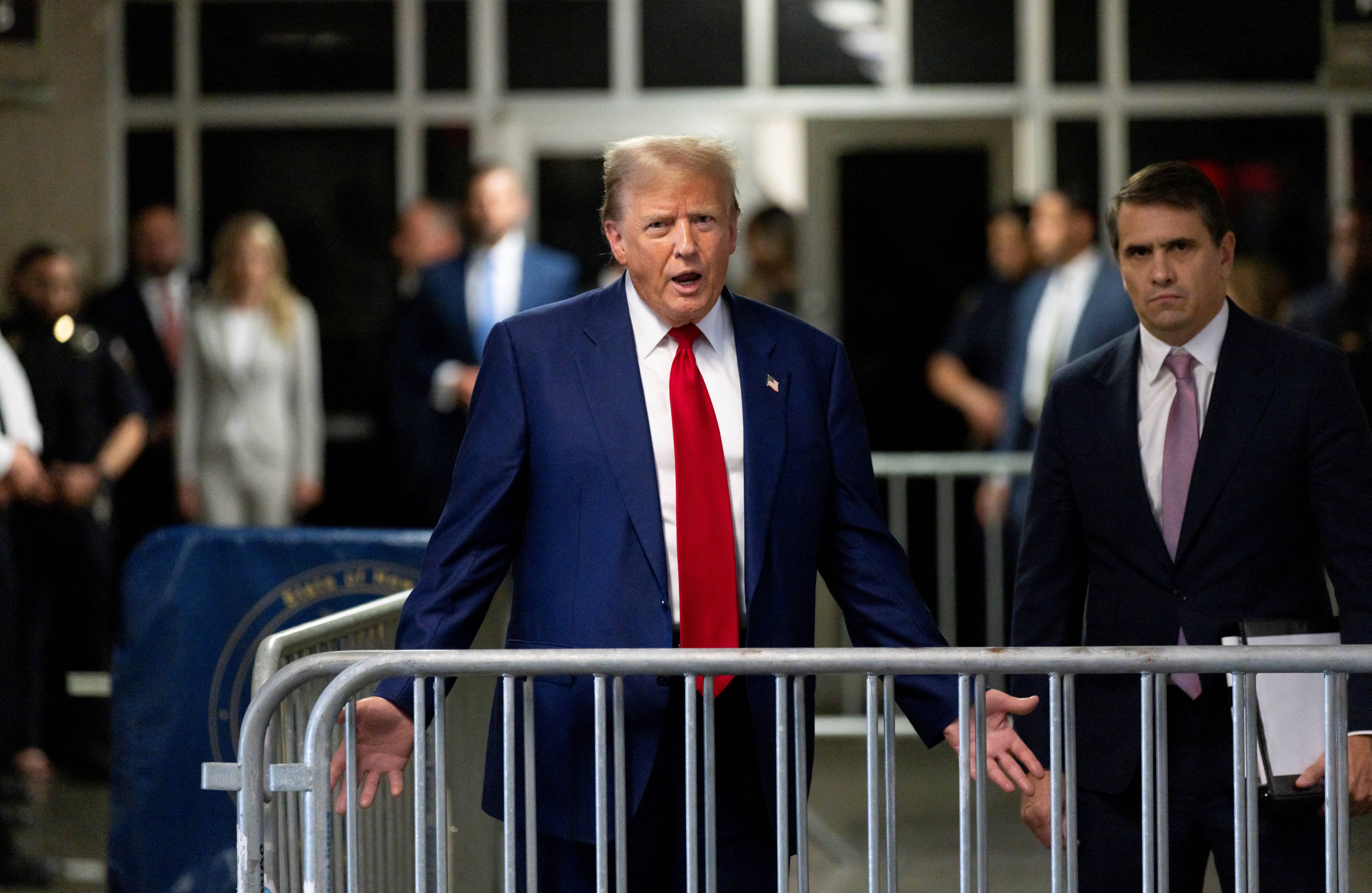
This article first appeared on the Just Security site.
The Wall Street Journal is reporting that former National Security Adviser Mike Flynn told the FBI and Congress that he is willing to testify in exchange for immunity. But it's not a serious offer, and it suggests he has nothing to say (or is not willing to say anything that would incriminate others).
Although Flynn's lawyer, Robert Kelner of Covington & Burling, refused to comment for the article, he tweeted out a statement teasing that "General Flynn certainly has a story tell, and he very much wants to tell it, should the circumstances permit."
As an experienced lawyer, Kelner knows that the Justice Department would never grant immunity for testimony on these terms. Prosecutors would first require that Flynn submit to what's called a proffer session in which he would agree to tell everything he knows in exchange for the prosecutors agreeing not to use his statement against him.
Related: Michael Rubin: Trump team's first ethics scandal
Only after the prosecutors heard what Flynn could offer in terms of evidence against others, and had an opportunity to assess his credibility, would they be willing to discuss any grants of immunity or a cooperation deal. At a minimum, the prosecutors would require Flynn's lawyer to make a proffer outlining the information that Flynn could provide.
The fact that Flynn and his lawyer have made his offer publicly suggests that he has nothing good to give the prosecutors (either because he cannot incriminate others or is unwilling to do so).
If he had something good, Flynn and his lawyer would approach the prosecutors quietly, go through the proffer process in confidence and reach a deal.
Why? Because prosecutors have an interest in keeping their investigation secret, and Flynn's lawyer knows that. The last thing Flynn's lawyer would do if he thought he had the goods would be to go public, because that would potentially compromise the criminal inquiry and would certainly irritate the prosecutors, the very people Flynn's lawyer would be trying to win over.
I suspect that Flynn's lawyer is really targeting Congress. He is hoping that one of the congressional committees will take the bait and grant him immunity in exchange for his testimony.
If that happened, it would be extremely difficult to prosecute Flynn after he testified. Remember Oliver North? He testified to Congress under a grant of "use immunity," and even though Independent Counsel Lawrence Walsh took stringent measures to wall off his prosecution staff from any information about North's immunized testimony, the U.S. Court of Appeals for the D.C. Circuit overturned North's conviction, finding that Walsh could not establish that the witnesses who testified against North had not been tainted by exposure to his widely publicized testimony.
Flynn's lawyer appears to be hoping for the same result here: Flynn gets immunity, his testimony in Congress gets aired and reported everywhere, and it becomes virtually impossible for prosecutors to bring a case against him.
It is not going to work. The Justice Department will tell Congress that a grant of immunity at this stage could compromise its ongoing criminal investigation.
Related: Why the Flynn-Russia affair is so troubling for Trump
Already, statements from the congressional committees suggest no interest in granting immunity to Flynn. Flynn's lawyer appears to have hoped that publicity, pressure or politics might cause one of the congressional committees to jump. Flynn's lawyer may have concluded that, at a minimum, the public offer would help change the atmospherics around his client, which could help him at a future stage.
But the ploy feels desperate, indicating that Flynn may not have much to offer. And the very fact that Flynn's lawyer is making a play for immunity at this stage suggests he has some fear that his client faces real criminal exposure.
Alex Whiting is a professor of practice at Harvard Law School.
Uncommon Knowledge
Newsweek is committed to challenging conventional wisdom and finding connections in the search for common ground.
Newsweek is committed to challenging conventional wisdom and finding connections in the search for common ground.
About the writer
To read how Newsweek uses AI as a newsroom tool, Click here.








